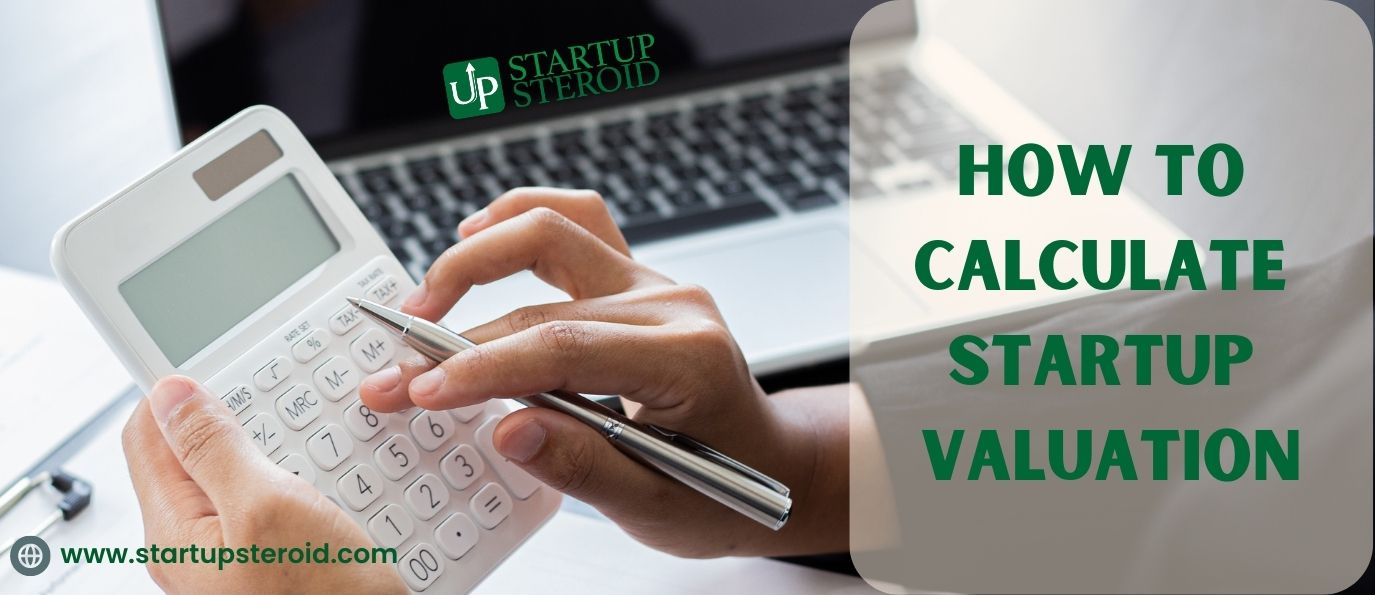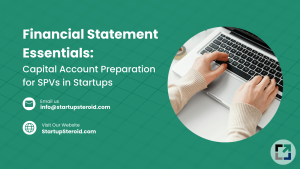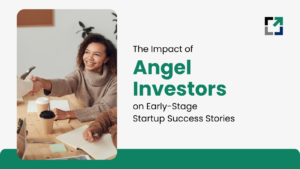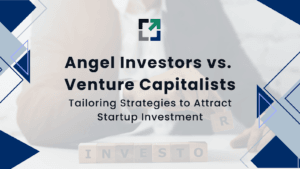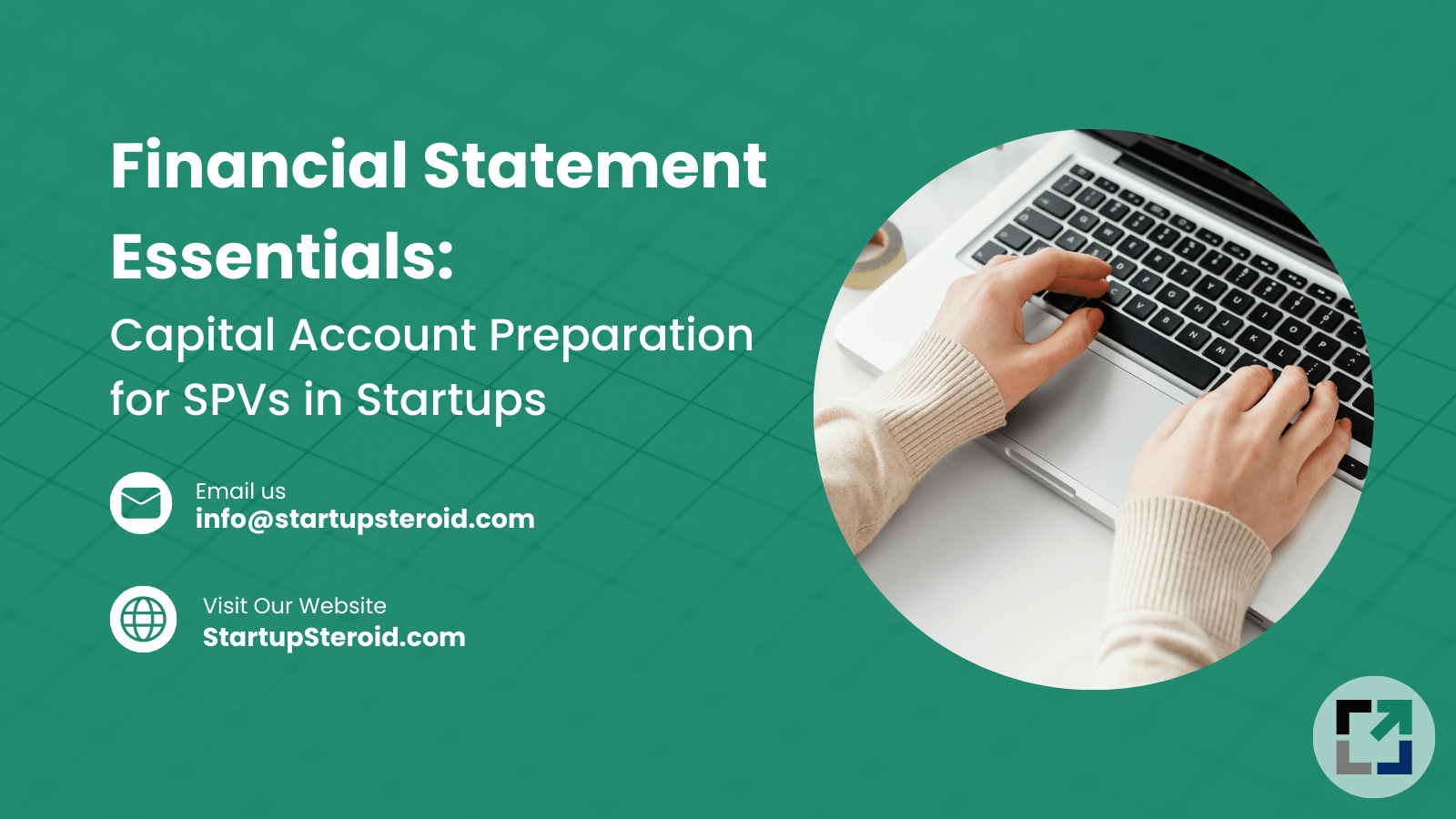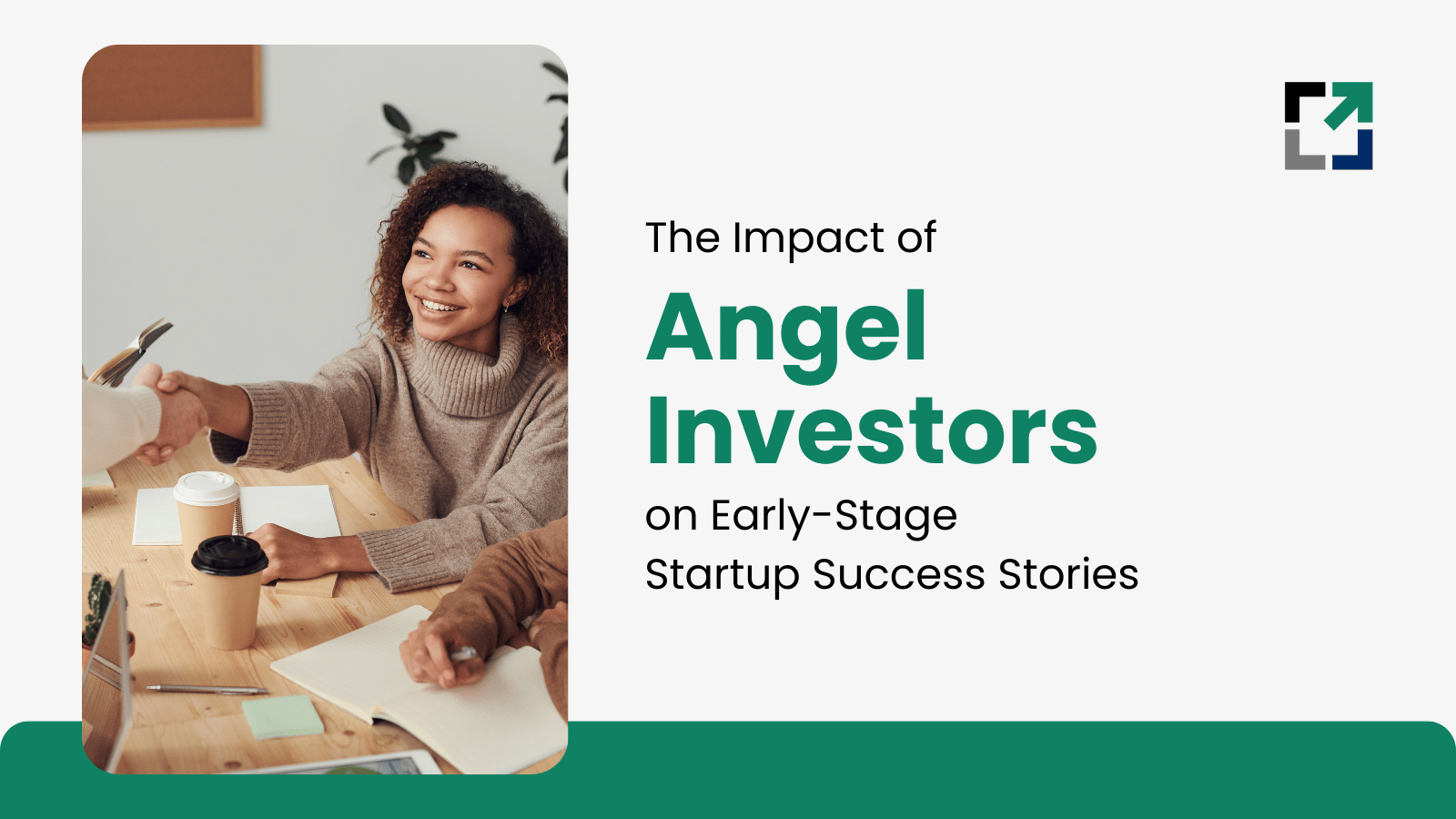In the startup ecosystem, investors need to know the exact valuation of a startup in which they wish to invest their funds. Without startup valuation, a firm can’t secure funding from investors.
But determining startup valuation is complex. It requires thorough mathematical knowledge, market sentiments, and other financial details to calculate the value of a startup.
In this blog, we’ll try to understand how startup valuation is calculated and what are processes or methodologies involved in it.
According to PitchBook, venture capital (VC) investors poured over $155.2 billion into startups in 2021, a 42% increase compared to the previous year. This influx of funding reflects the growing interest in startups and the importance of accurate valuation.
So, investors are always looking for exciting startups to invest in. But unless the firm comes up with a solid plan envisioning its future and has the numbers ready (including its valuation), it’ll be difficult for the startup founder to convince investors and get funded.
Let’s Understand How It Influences Investors
In 2019, Uber went public with a valuation of over $82 billion. This valuation was benchmarked against competitors like Lyft, which also went public around the same time. However, Uber had the edge because of its business innovation and attractive marketing campaigns.
Similarly, take the case of BioMed Solutions, a biotech startup on the cusp of a breakthrough in gene therapy. Holding numerous patents for its cutting-edge technology, BioMed Solutions possesses a significant competitive advantage. The value of its intellectual property, combined with the potential for groundbreaking medical advancements, translates into a valuation that reflects the unique position of the startup in the market.
If you’re an angel group and want your financial expert to evaluate or screen startups, join StartupSteroid and let them do it. Here, angel group or investors can create their team for screening startups, doing due diligence and startup valulation.
Thus, a startup that is working on a particular solution and has the propensity to become the next big thing tends to have a much higher valuation than other startups. These startups act as a lucrative investment option for investors from an investment point of view.
Factors That Affect Startup Valuation
- Market Size: The size of the market in which a startup operates holds immense weight in valuation. A vast and untapped market represents significant growth potential, capturing the attention of investors seeking lucrative opportunities.For example, take the case of Airbnb. It disrupted the traditional hospitality industry by connecting travelers with unique accommodations.Its valuation reflects the vast market opportunity it tapped into and its potential to capture a significant share of the global lodging market in the coming days as well.
- Growth Prospects: A startup’s ability to achieve rapid growth and scalability is a magnet for valuation. Projections and revenue growth rates, coupled with a sound business model, can paint an enticing picture of future success.
Take the case of Zoom, the video conferencing platform that experienced explosive growth during the COVID-19 pandemic and is likely to continue its momentum in future, too, even when the impact of COVID-19 is low.
Zoom’s ability to generate substantial revenue and sustain rapid growth positioned it as a high-value startup, with its valuation skyrocketing accordingly.
- Intellectual Property: The existence of patents, trademarks, or unique technologies that provide a competitive edge can elevate a startup’s valuation. The value of intellectual property lies not only in its uniqueness but also in its potential to generate revenue and ward off competitors.
No doubt, Tesla, with its groundbreaking electric vehicle technology and extensive IP portfolio, revolutionized the automotive industry. Its high startup valuation reflects its dominance in the EV market and the potential for future innovation. - The Dream Team: Behind every successful startup stands a team of visionaries and experts. The experience, expertise, and track record of the founders and key employees influence the valuation, as investors seek assurance in the leadership’s ability to execute the company’s vision.
A startup’s valuation can go much higher if its team includes well-known names and professionals who have successful track records.
Besides these factors, several other key indicators like user engagement, the number of customers, and the user base may also play a key role in the process of startup valuation.
Startup Valuation Methodologies: Key Metrics
- Market Multiple MethodLet’s look at FreshGro. A UK startup that is disrupting the grocery delivery market across the country and also inspiring millions of farmers across the world with its smart logistics and supply chain management.FreshGro’s valuation can be benchmarked against similar companies in the industry. According to Statista, the global grocery market is projected to reach $627 billion by 2023. By comparing market multiples of successful grocery delivery startups, investors can gauge FreshGro’s relative value and make informed investment decisions.
- The Berkus MethodSimilarly, a startup called NanoMed has successfully developed a prototype for a groundbreaking medical device. Investors recognize the value of this milestone, using the Berkus Method to assign a tangible monetary value to NanoMed’s achievement.According to the National Venture Capital Association, the average pre-money valuation for seed-stage medical device startups was $4.8 million in 2020, serving as a reference point for assessing NanoMed‘s worth.
- Discounted Cash Flow (DCF) AnalysisThis method estimates the present value of the startup’s future cash flows by considering revenue projections, expected costs, and the time value of money.Consider TechGenius, a software startup with a subscription-based business model. By projecting future revenue and estimating costs, investors can conduct a DCF analysis to determine the present value of expected cash flows.The software-as-a-service (SaaS) market is thriving, with global SaaS revenues touching $266.4 billion in 2021.TechGenius’ revenue projections, coupled with the industry’s growth trajectory, aid in establishing an accurate valuation through DCF analysis.
In Conclusion
Besides these methodologies, there are multiple other procedures, too, for a startup valuation. It’s a long and complicated process.
Only a financial expert with years of experience in this field should manage it. Investors need to get in touch with a financial consultant and get the valuation of a startup done before investing in it.
For any help or assistance, get in touch with our experts at StartupSteroid, and we’d be happy to assist you.

